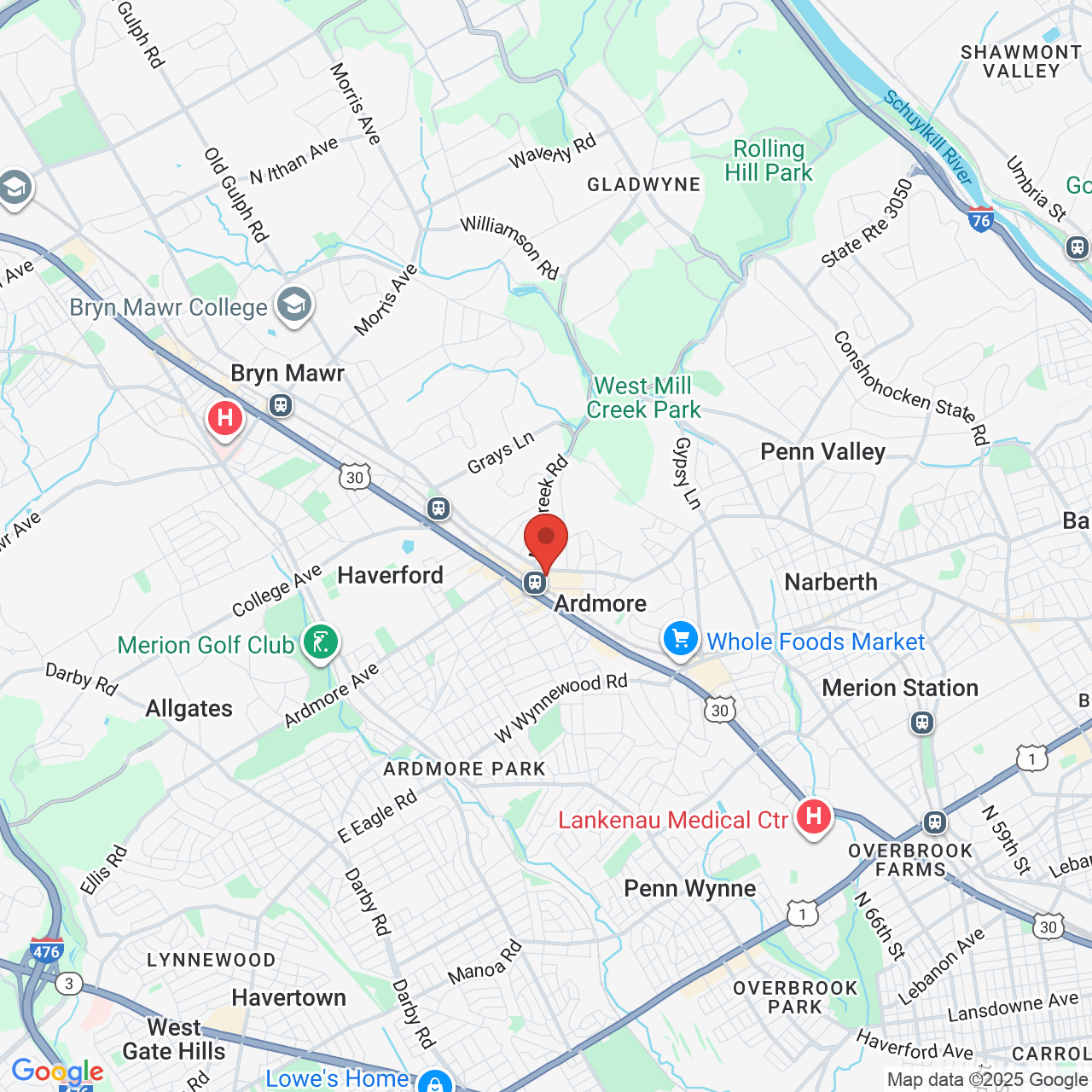TMJ/TMD In Ardmore,Pa
PHILADELPHIA, MAIN LINE, AND ARDMORE, PENNSYLVANIA COSMETIC DENTISTRY.
TMJ & TMD Overview
Many people who suffer from TMD may become so used to its discomfort that they don’t think to seek any treatment. If they suffer chronic TMD headaches, they may mistake them for migraines and seek pain relief from a physician.
The muscles, nerves, tendons and bones of your face and mouth are designed to work together for effective biting and chewing, and for a comfortable resting position when not in action. The lower jaw pivots in a ball-and-socket joint just in front of each ear.
The jaw joints are delicate in that they can be rather easily thrown out of alignment. If this happens, the jaw muscles must strain to hold even a resting bite position, leading to chronic discomfort and other symptoms.
It is a good idea to speak to your physician and make sure that your symptoms do not have a medical cause. Then, contact Dr. Lindsey Marshall to see if they might have a dental cause.

Frequently Asked Questions YOUR COMMON QUESTIONS ANSWERED BY THE EXPERTS.
What Is TMD?
Temporomandibular joint disorder (TMD) occurs when you have an unbalanced or misaligned bite. When your jaw joints are not at rest, they can put a strain on the surrounding nerves, tendons, and tissues in your face and neck, causing painful TMD symptoms.
What Is the Difference between TMJ and TMD?
The temporomandibular joint (TMJ) connects your lower jaw to the rest of the skull, including the upper jaw. It functions like a ball-and-socket mechanism, giving your mouth and jaw the range of motion to open, close, and move side to side when performing actions like:
- Eating.
- Speaking.
- Yawning.
TMD, meanwhile, stands for temporomandibular disorder. This is the general name for issues affecting the health and function of the joint and connected muscles in the face. The exact cause of TMD is unknown, but possible risk factors include:
- Grinding or clenching the teeth.
- Injury or repetitive stress to the side of the mouth, which could dislocate the joint.
- Medical conditions that inflame joints, such as arthritis.
Though the TMJ is a structure in the body and TMD is a disorder affecting the joint, you might hear some Physiologic dentists use the term interchangeably.
How Is TMJ/TMD Diagnosed?
After a thorough dental examination, Dr. Marshall will use specialized technology to measure and record:
- Jaw muscle activity.
- Jaw movements.
- Jaw joint sounds.
She may use a TENS unit (Transcutaneous Electrical Nerve Stimulation) to administer low-level stimulus to the jaw muscles in order to relax them. It may be the first time in many years that your jaw muscles have assumed their correct, relaxed position, and the pain relief can be tremendous. When Dr. Marshall determines your relaxed jaw position, your TMD treatment will focus on making that position permanent.
How Is TMJ/TMD Treated?
If you are suffering from symptoms of TMJ/TMD, your primary doctor will not be able to directly treat the problem to bring your permanent relief; the best they can do is provide you with pain medication to dull the symptoms. Our experienced dentist Dr. Lindsey Marshall provides targeted and customized TMD treatment through a combination of cosmetic procedures that restores comfort, realigns your jaw, and helps prevent future problems.
Millions of Americans suffer from TMD, often without knowing it. TMD may start subtly or have no symptoms at all. This makes seeing a dentist who has trained in Physiologic dentistry an important part of your dental health routine. Even if your TMD is not currently painful, Dr. Marshall can detect problems with your bite’s alignment during your regularly scheduled dental exams. When symptoms of TMD are treated early, you can avoid more serious long-term problems and tooth damage.
REVIEWS
‘‘Dr. Lindsey Marshall and her staff are incredible! They offer the finest dentistry with state-of-the-art facilities. My teeth look amazing. One of the best dentists in the country.’’ Steve B


